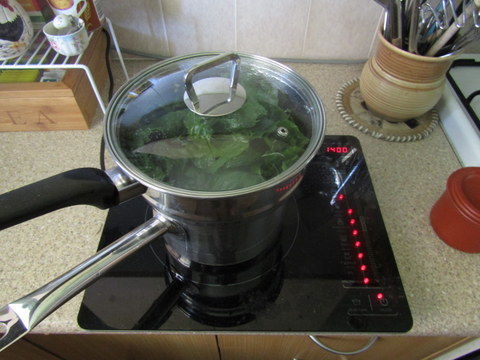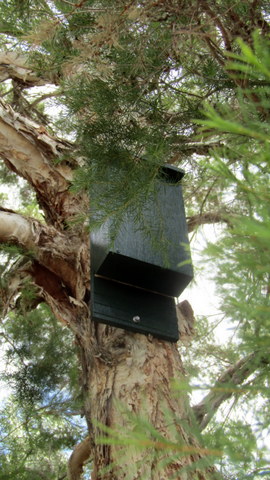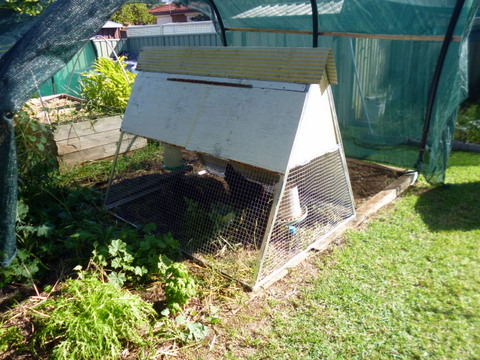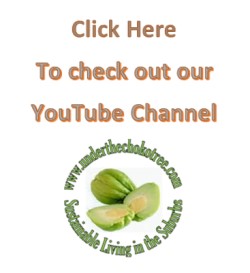For most of the last forty odd years, we have been trying to live a more resilient, self-sufficient and sustainable life and while I admit to not being the sharpest tool in the shed, that length of experience is bound to have an impact on even the dimmest. This article is part of an irregular series of articles where I try to summarise some of the hard-won wisdom those years have bought!
Make it Easy, and Make it Yours!
There are a number of angles to this one!
The first angle, and it fits in well with having a plan, is that when you are putting in a new process or thing to help you achieve better sustainability is to, wherever possible, make sure that whatever you change, it makes your life easier, because then you will keep doing it. This is expanded on in an article here, but that is the principle.
As an example, to reduce our reliance on fossil fuels (eg gas for cooking, which is very convenient) I put together solar cookers and stored heat cookers. We have them and we use them, but after a long day in the fields (metaphorically speaking) they are not necessarily our go-to, because they require planning and preparation. We still use them but not as much as I would like. But also, our new solar off-grid style system gives us more electricity to play with, so we bought a super-efficient, portable induction cooker. It is very convenient, at least in the warmer months, and uses what is essentially cost free, fossil fuel free cooking. We made it easy for ourselves to do the right thing.
Another angle, is to work with nature rather than against nature, so that your costs and workload are reduced. An example of this we found is by building projects on our block that improve biodiversity (which is useful for its own sake) but they also attract beneficial animals like pollinators and predators to our garden, be they birds or insects. These projects included: a bee/bug hotel, several insect waters, a bird waterer, insectary flowering plants and a couple of bat roosting boxes. We have noticed that there has been a reduction in the number of certain pests like cabbage white butterfly caterpillars (although then butterflies are still in evidence) and white fly infestations. Also, for the most part, pollination for fruits and vegetables in not a problem.
A third angle, is using the behaviour of your animals to make your life easier. We used to have a chook shed, which I would have to crawl into regularly to remove eggs but also to clean out all the chook poo to distribute around the veggie beds. At the same time I was regularly double digging veggie beds and then buying in more chook poo, horse poo and cow poo to fertilise them. Then I found out about chook tractors! I proceeded to make one have never looked back, that was coming up to 15 years ago.
The chooks in the chook tractor are confined in a bottomless structure which allows them to dig over our veggie patches serially, while fertilising them at the same time, all with considerably less work on my part. The tractor does require transporting a short distance to various parts of the yard, mainly because it wasn’t part of the original plan so the veggies batches are in several areas rather than adjoining one another. The chooks want to scratch, dig and eat pests/plants anyway, so by using their behaviour in this way, it makes my life easier. Once the chook tractor is moved on (every two weeks) the area is mulched and planted, so that the worms come up and till the soil at a lower depth than the chooks can reach.
So by using some of the techniques I have learned about (and am still learning about) we can make our lives easier while still achieving our goals of living more sustainably and resiliently.






